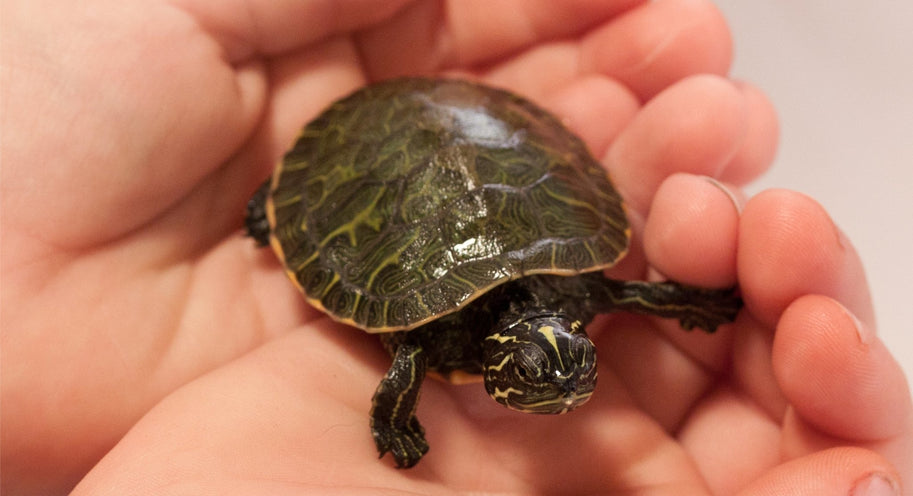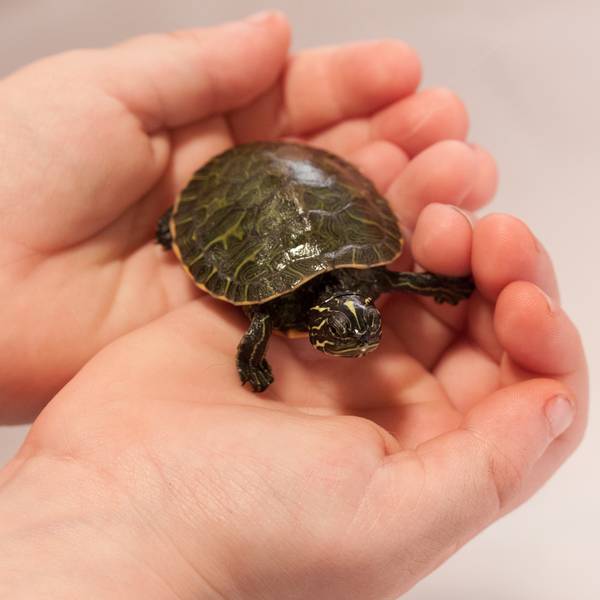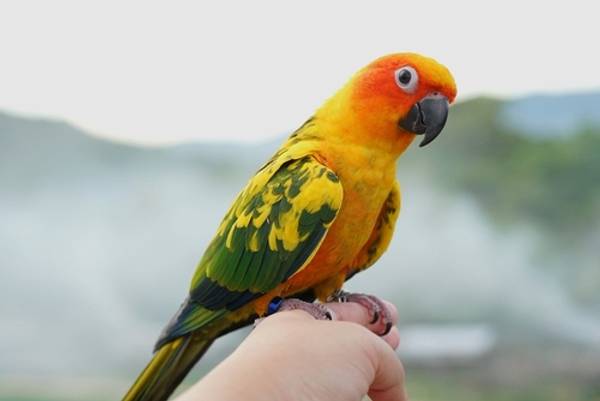Keeping a turtle as a pet can be a wonderful experience. They each have their own personalities, learn to recognise their owners and should provide many years of enjoyment.
Licenses
By law all Australian turtles are protected, but unlike many other reptiles, licences are generally not required to buy and keep many species as pets. Specific information regarding licence types, species allowed to be kept and licence fees can be obtained from the Department of Sustainability and Environment.
Health
It can be difficult to tell if your turtle is sick or not. For this reason it is important to keep accurate records of items such as body weight, feeding schedules and water test results. This allows for patterns to be established because turtles can get sick slowly and often the symptoms are not notice until too late. It is recommended having a check up twice a year. Common disease problems include shell and skin infections, nutritional deficiencies and abscesses.
Feeding
Turtles can be offered whole live fish (‘feeder fish’), pieces of fish (preferably freshwater species), freshwater snails, insects (crickets, moths, cockroaches, flies) and earthworms. Short neck turtles can also be offered vegetable matter such as freshwater plants, spinach, cabbage, broccoli, pumpkin, ect.
Ensure that any saltwater foods such as white bait and frozen “turtle blocks” are soaked in fresh water for several hours before being offered to your turtle. It should be remembered that freezing food destroys some vitamins (especially vitamin B) and so balanced diet of frozen and fresh food needs to be given.
Overfeeding of turtles is very common. Adult turtles should be fed 1 to 2 times per week and be fed portions that are about the size of their heads. Any uneaten food should be removed from the tank to help keep the water clean. A better way is to feed your turtles in a separate enclosure.
Housing
Turtles can be adequately housed in an indoor Terrarium. They need to be in water to drink, eat and defecate. A single adult turtle can be kept in a 1.2m x 30cm x 50cm tank though the larger the tank the better. There needs to be an area at one end where the turtle can be completely dry. This area can be heated with an overhead heat lamp but be sure to sue a thermometer to monitor the in-tank temperature as it should be around 30 degrees Celsius.
The water level should be of a minimum depth equivalent to two times the length of the turtle’s shell length. Maintaining water quality is essential for keeping your turtle healthy. Turtles produce large amounts of waste which needs to be removed form the water as soon possible. The water must be continuously filtered and this is best achieved using an external canister filter. A weekly water change of 25% should be performed.
The provision of UV light for up to 12 hours a day is vital for the health of your turtle. Without access to UV light they can develop a potentially fatal condition called Metabolic Bone Disease. There is no substitute for natural unfiltered sunlight and turtles should be placed in sunlight for 20-30 minutes a day every 2-3 days. Be careful about placing your terrarium in the direct line of the sun as this can cause the temperate to overhead rapidly.
Handling
Turtles are not an animal that should be handled excessively. They will either pull their head and legs in to hide or they will try and escape being held. Some turtles may even release a foul smelling liquid from glands in their shell.
For more information visit your local Just For Pets store.






